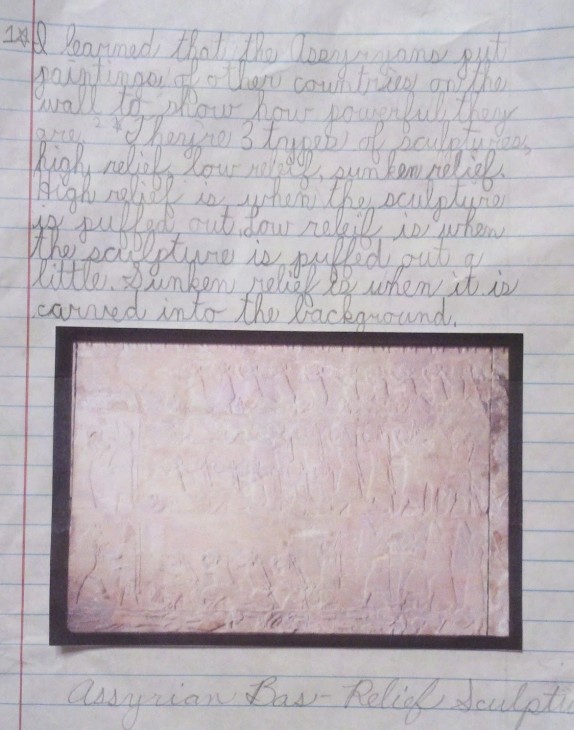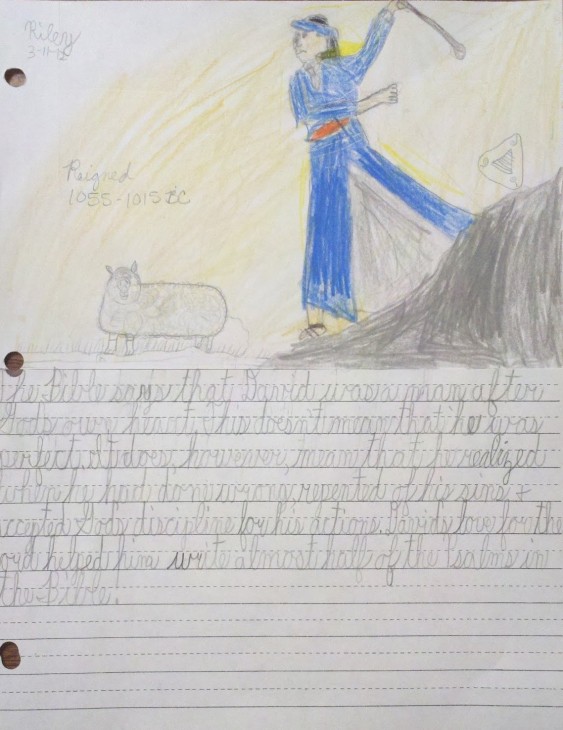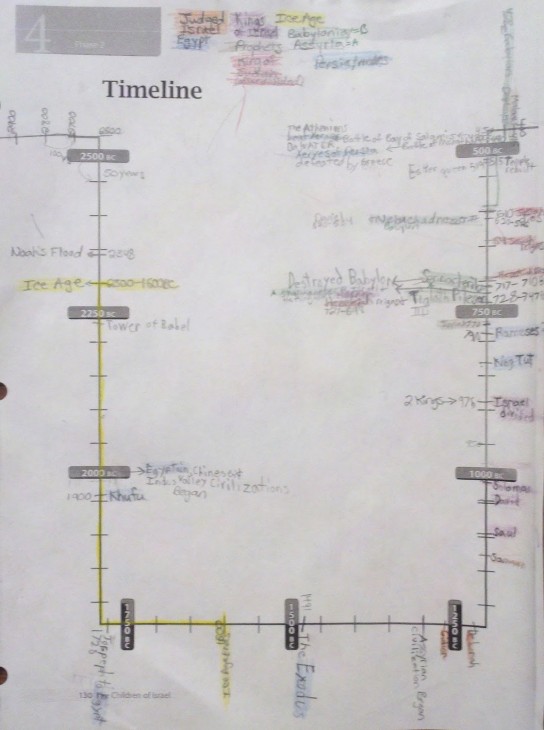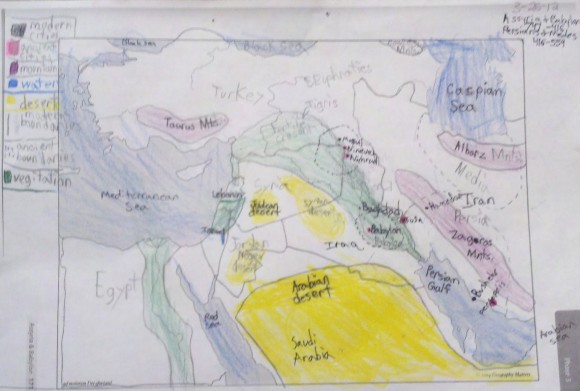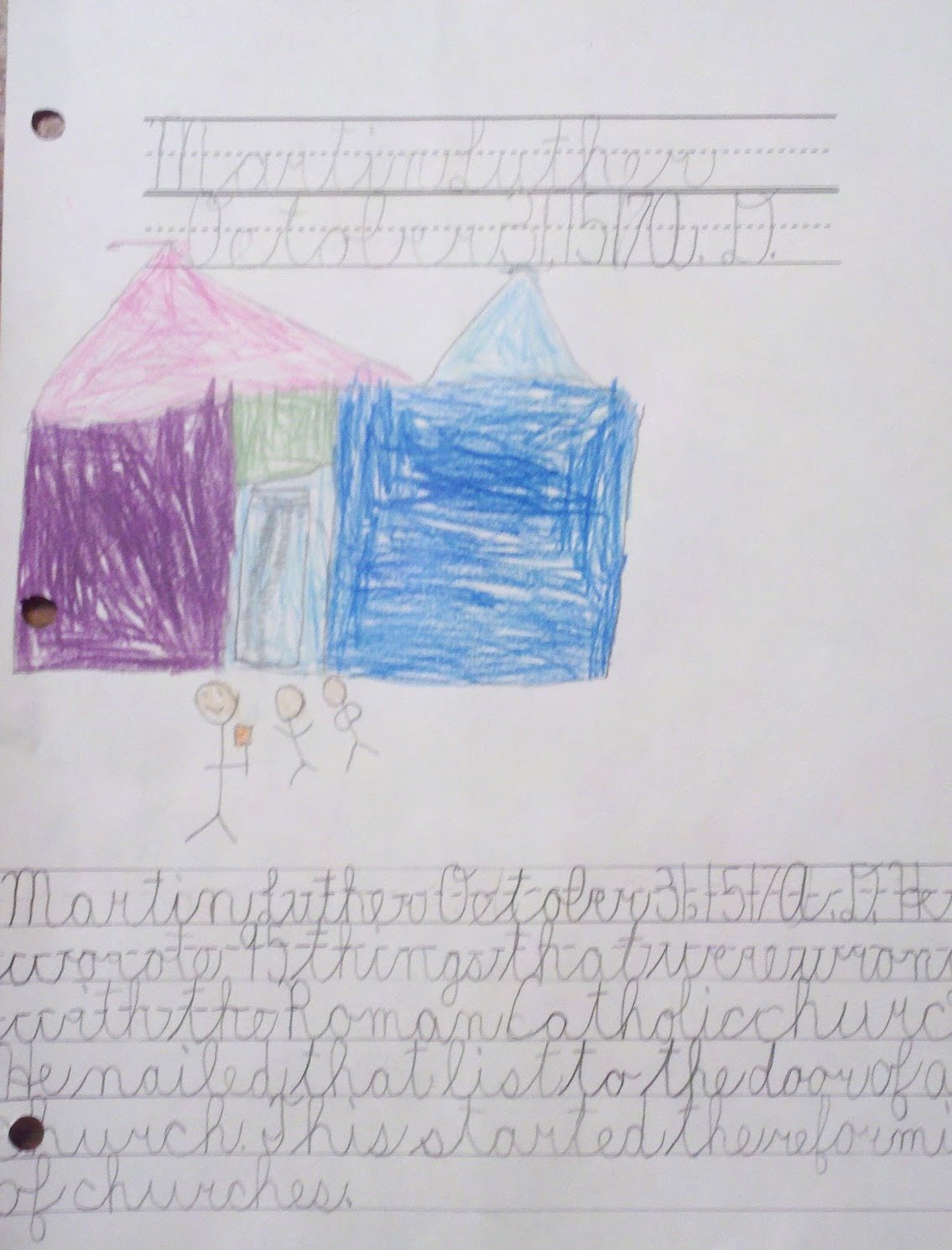Podcast: Play in new window | Download
Subscribe: Apple Podcasts | RSS
At the Teach Them Diligently Homeschool Convention I attended a session led by Jeannie Fulbright. This episode of our podcast will feature some of the things I learned from this session.
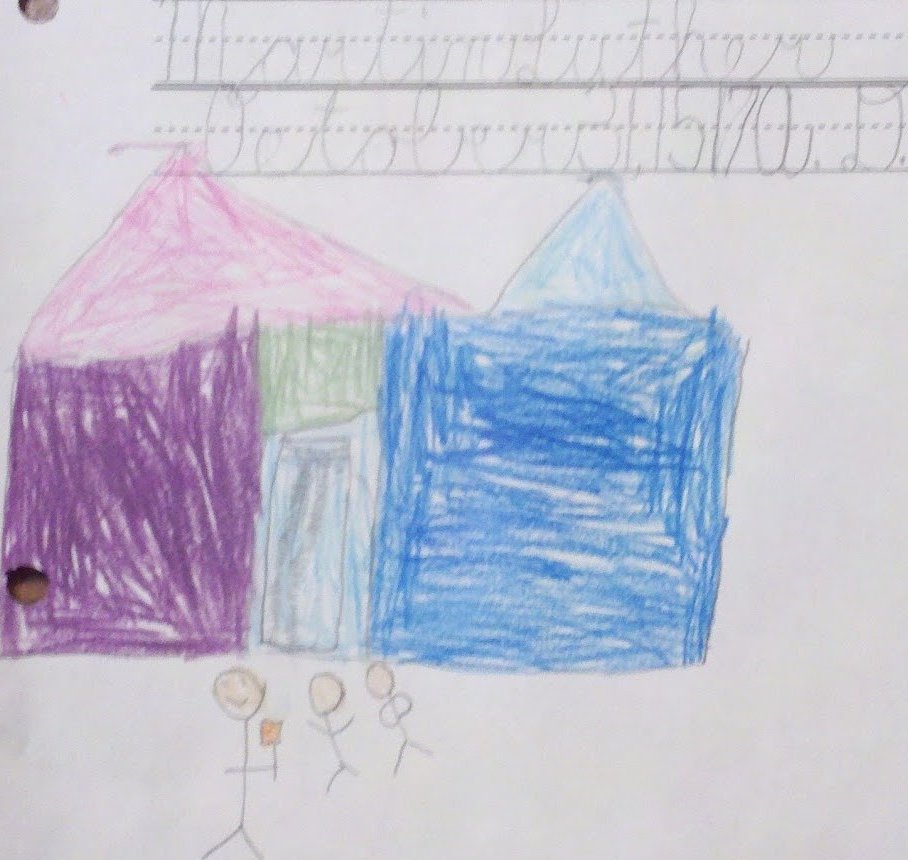
Podcast Episode 15 Show Notes
- I briefly mentioned Notebooking in a Methods of Homeschooling blog post with a promise to go into more detail. I went to this session and for the first time received a good understanding of what “notebooking” is and the curriculum that uses this method.
- Jeannie Fulbright uses “a methodology of education that employs a child’s comprehension, critical thinking, and creativity to produce a permanent work of artistic and academic value.” This method is based on a Charlotte Mason approach (see previous blog post) which can be linked back to how many great thinkers of the past kept a learning notebook (IE Leonardo & G. Washington).
- Highschool lab manuals are basically Notebooking.
- You can use Notebooking with ANY curriculum.
- It uses “narration” which is telling back in your own words what you have learned.
- Is a great way to retain what is learned. You would read a book then the child draws a picture and writes what they learned or a summary. The child has to mull over the material. They forget what is read/learned if they don’t do anything with the information other than taking a quiz.
- It becomes a record of learning for the year.
- The child “owns” the book AND the knowledge that is in the book he/she created.
- Include in the Notebook: maps, mini books/lapbooks, photos of trips or projects, field trip reports, copywork, timelines, summaries, newspaper articles, brochures, and charts/diagrams.
- Notebooking does take more time than a test or quiz.
- Don’t go overboard by doing one everyday.
Lets look at typical assessments for a minute.
- Notebooking replaces “artificial assessment” with authentic learning. Typical assessments don’t increase learning potential and they do not engage the child.
- In the lower grades, typical assessments do not develop critical thinking.
- no contemplation and it doesn’t engage the whole mind.
- makes the purpose of learning about the test
- uses mostly short term memory
Other Links mentioned in this episode:
Notebooking Pages – Free Sample Page Downloads
Subscribe to the Home School Support Network:
![]()


Other examples of Riley’s Notebooks:
